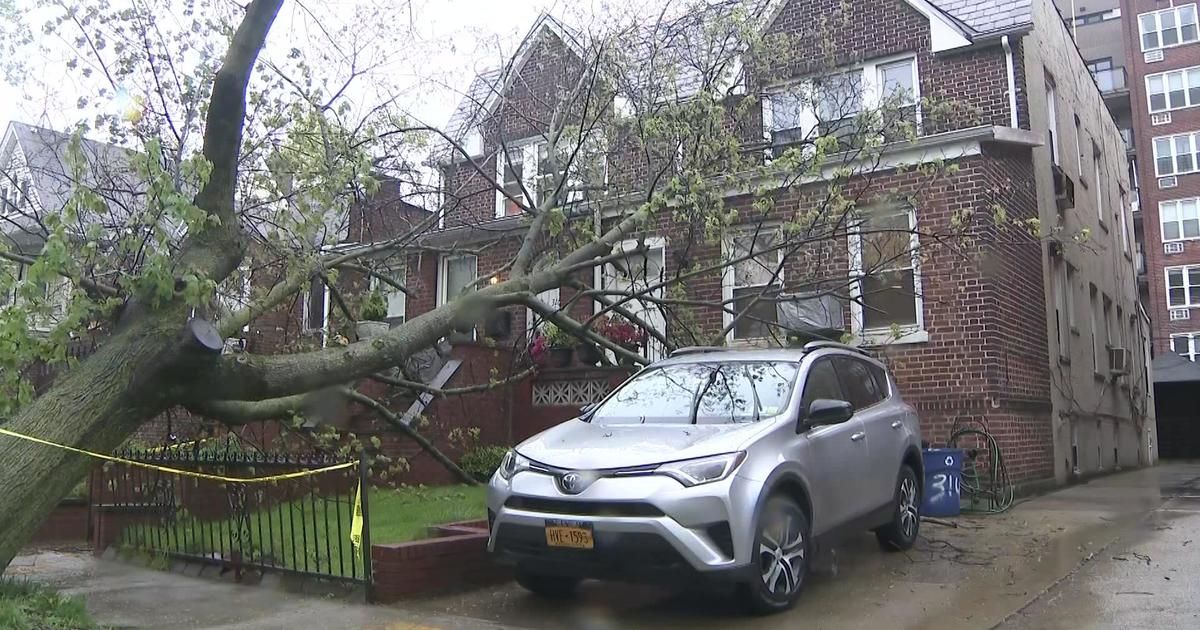Seen At 11: New Technology Could Prevent Surgeons From Leaving Tools Behind
NEW YORK (CBSNewYork) -- Going in for surgery is a scary proposition under just about any circumstance, and to make matters worse, a patient may also experience an avoidable post-surgical complication.
But as CBS 2's Maurice DuBois reported, new technologies can now minimize potentially deadly surgical mistakes that leave instruments and sponges behind.
During an operation, hundreds of implements and sponges may be used. Keeping track of every last one is paramount to the safety of the patient.
"Every sponge, every instrument, every scalpel blade is open-counted before the procedure starts, and is counted again at the end of the procedure to make sure that everything that was there is still there," said Dr. Paul LoVerme, surgery chairman at UMC Mountainside.
But Marna Gold had a different experience. Something went wrong with that implement accountability after her surgical procedure.
"I didn't understand why I would have lumps after a hysterectomy," Gold said.
Gold continued to experience pain, and ran a high fever. It was eventually discovered that sponges were left in her body after her surgery and she would need another operation to remove them.
"I had inside of me two pads that they had overlooked," Gold said. "The hospital where I had the surgery didn't see the pads; didn't count the pads."
Gold made a full recovery after that, and now there is new technology to help prevent something like this from happening again.
Sponges are being fitted with a radio frequency chip. After surgery, doctors will use a wand over the patient, and check for an RF signal of one that may have been left behind.
The new procedure is currently being used in 16 area hospitals, including Montefiore Medical Center in the Bronx.
There are also other technologies and tools for tracking surgical instruments. Different RF technology can track instruments that may get left behind, and in another development, a simple plastic case can visually account for other surgical items.
But surgeons still have to pay attention, experts said.
"None of the technological adjuncts substitute for the surgeon's role," said Dr. Verna Gibbs. "The surgeon has to do a wound examination before they begin to close."
Gibbs is herself a surgeon, and also the director of a National Surgical Safety Project. She said there is a place for technology, but is still in favor of simple bags that can easily account for all sponges used, and keep the surgical staff engaged with proper counting techniques.
"We consider them adjuncts, which is an add-on or an additional practice or something that you can use in addition to having a manual practice," Gibbs said.
It is estimated that the cost of the RF technology will add about $10 to the cost of a surgery.
Have you, or anyone you know, experienced a surgical mishap like this? Tell us about it below...



